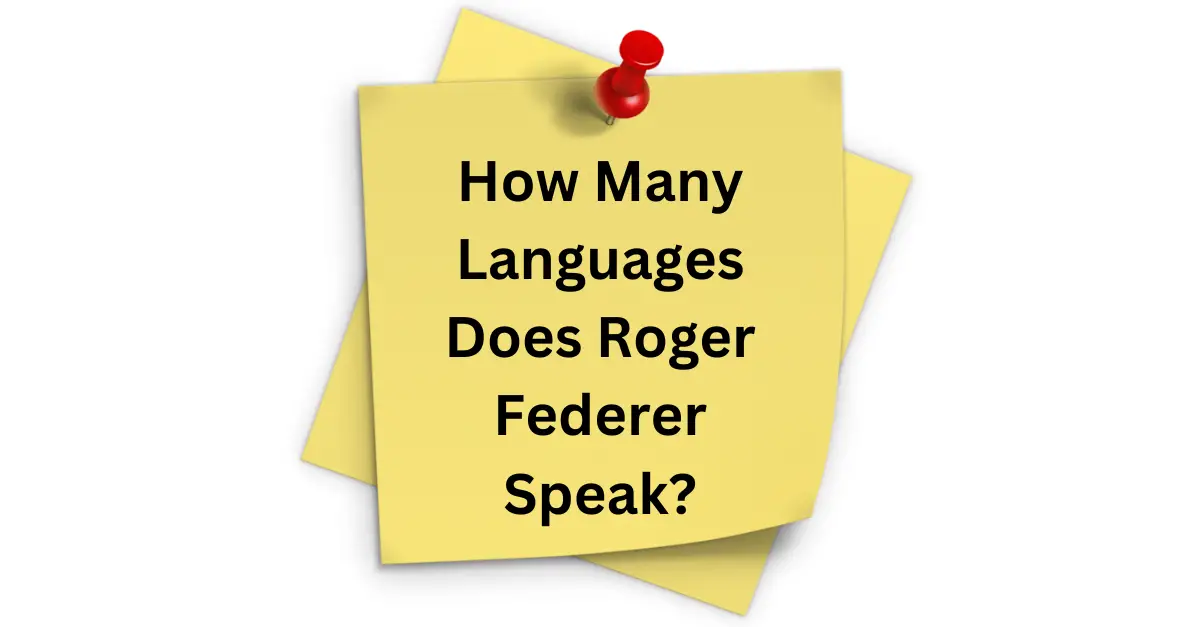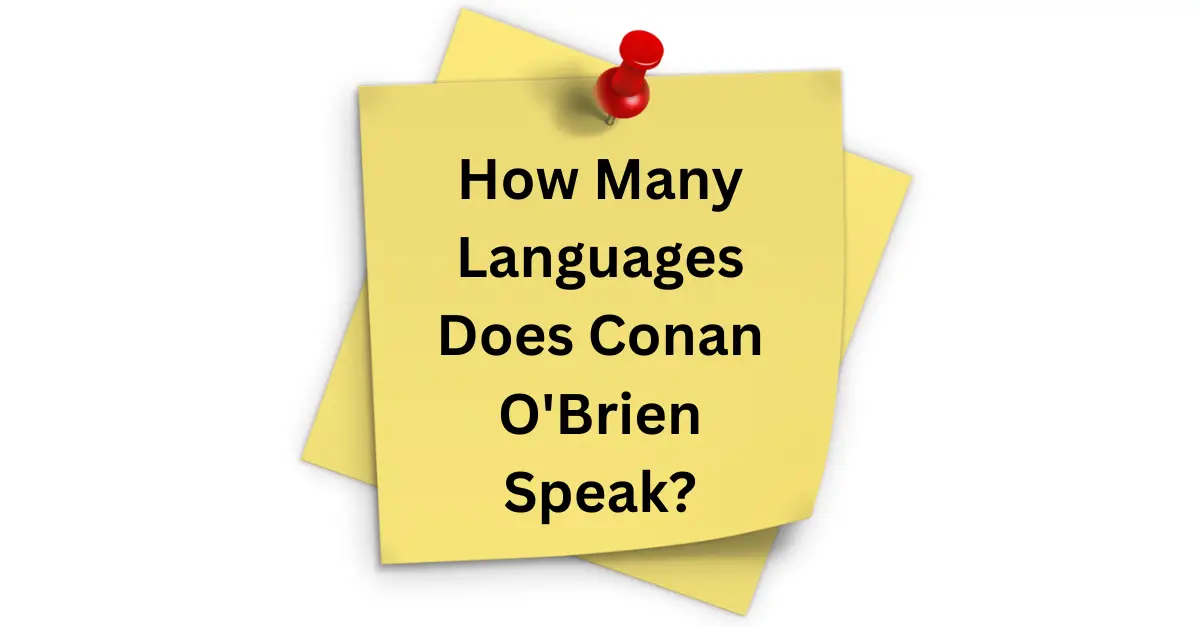Imagine the excitement of being able to wish someone a “Happy Birthday” in Russian! In this article, we’ll explore how to say this joyful phrase in the Russian language. Whether you’re a beginner or have some experience with Russian, learning how to celebrate someone’s special day in their native language is a meaningful gesture that will surely bring a smile to their face. So, let’s dive in and discover how to say “Happy Birthday” in Russian!
See Also: Happy Birthday In Vietnamese
Happy Birthday In Russian
1. Introduction to Russian language
Russian is an Eastern Slavic language spoken by over 260 million people worldwide, making it one of the most widely spoken languages in the world. It is the official language of Russia, Belarus, Kazakhstan, and Kyrgyzstan. Russian is also widely used as a lingua franca in the former Soviet Union and has a rich cultural heritage. Learning Russian can open doors to understanding this unique language and immersing yourself in its vibrant culture.
1.1 Background
Russian is a member of the Slavic language family, which also includes languages like Ukrainian, Polish, and Bulgarian. It has its roots in Old East Slavic and has evolved over centuries, influenced by various languages such as Old Church Slavonic, Greek, Latin, and French. The modern Russian language that is spoken today has standardized grammar and vocabulary, thanks to efforts by Russian linguists in the 18th and 19th centuries.
1.2 Cyrillic alphabet
One distinct feature of the Russian language is its use of the Cyrillic alphabet. The Cyrillic script was developed in the 9th century by the brothers Cyril and Methodius and is named after Cyril. This alphabet is also used by other Slavic languages, as well as some non-Slavic languages like Mongolian and Tajik. It consists of 33 letters, including 10 vowels and 23 consonants. While learning the Cyrillic alphabet may seem intimidating at first, it is an essential step in understanding and communicating in Russian.
1.3 Pronunciation
Pronunciation in Russian can be challenging for English speakers due to the differences in sounds and accent stress. It is important to pay attention to vowel and consonant sounds, word stress, and intonation patterns. Some sounds in Russian may not exist in English, such as the rolled “r” sound. However, with practice and guidance, you can improve your pronunciation and develop a better grasp of the language.
1.4 Grammar
Russian grammar has its own unique features, including cases and gender agreement. Nouns, adjectives, pronouns, and even verbs change depending on their role in a sentence and the gender of the noun they modify. There are six cases in Russian: nominative, genitive, dative, accusative, instrumental, and prepositional. These cases govern how words relate to each other in a sentence. Learning and understanding Russian grammar will greatly enhance your ability to communicate effectively in the language.
2. Importance of Birthdays
Birthdays hold significant cultural importance in Russian society. It is a special occasion to celebrate the life of an individual and show appreciation for their existence. Understanding the cultural significance and traditions associated with birthdays in Russia can provide insights into the broader cultural values and practices of the country.
2.1 Cultural significance
In Russian culture, birthdays are seen as more than just a personal milestone. They are an opportunity for family and friends to come together and express love, gratitude, and well wishes. It is a time to honor and celebrate the individual’s accomplishments and growth while also acknowledging their place within the community. Birthdays are seen as a reflection of a person’s character, achievements, and connections to others.
2.2 Celebrations and traditions
Russian birthday celebrations often involve gatherings with family and close friends. It is customary to give gifts, share a meal, and engage in various activities to mark the occasion. The celebrations can range from intimate family gatherings to larger parties with music, dancing, and games. Traditional Russian dishes and drinks are often prepared for the occasion, and a birthday cake with candles is a common feature. The birthday person is usually the center of attention, and everyone takes turns offering their congratulations and well wishes.
See Also: Happy Birthday In Maori
3. Greetings for Birthdays in Russian
When it comes to greeting someone on their birthday in Russian, there are various ways to convey your wishes depending on the level of formality and familiarity. Here are some common greetings for birthdays in Russian:
3.1 Basic Birthday Greeting
The most basic and commonly used greeting for birthdays in Russian is “С днем рождения!” (S Dnyom Rozhdeniya!). This translates to “Happy birthday!” and is a straightforward way to express your well wishes on someone’s special day.
3.2 Formally Addressing Someone
When addressing someone you are not very familiar with or who holds a higher social status, it is appropriate to use the formal greeting “Поздравляю вас с днем рождения” (Pozdravlyayu vas s dnyom rozhdeniya). This translates to “I congratulate you on your birthday” and shows respect and formal acknowledgement of the person’s special day.
3.3 Informal Greetings
For friends, family members, or peers, a more informal greeting can be used. “С днем рождения, дружище!” (S Dnyom Rozhdeniya, druzhishche!) can be used, which means “Happy birthday, buddy!” This kind of greeting conveys a sense of closeness and familiarity in the relationship.
| Russian Phrase | Translation |
|---|---|
| С днем рождения! | Happy birthday! |
| Поздравляю вас с днем рождения | I congratulate you on your birthday |
| С днем рождения, дружище! | Happy birthday, buddy! |
| С днем рождения тебя! | Happy birthday to you! |
| Желаю счастья и успехов! | I wish you happiness and success! |
| Пусть каждый день будет наполнен радостью и счастьем! | May each day be filled with joy and happiness! |
| Желаю исполнения всех мечт и благополучия в жизни! | I wish you the fulfillment of all your dreams and prosperity in life! |
| Дорогой (имя), с днем рождения! | Dear (name), happy birthday! |
| С наилучшими пожеланиями | Best regards |
4. Singing Happy Birthday in Russian
Singing “Happy Birthday” in Russian is a common tradition during birthday celebrations. The Russian version of the song has its own lyrics and melody that are unique to the language. Here are the lyrics and traditional melody of the Russian birthday song:
4.1 Russian Birthday Song Lyrics
“С днем рождения тебя! С днем рождения тебя! С днем рождения, дорогой (имя)! С днем рождения тебя!”
This translates to:
“Happy birthday to you! Happy birthday to you! Happy birthday, dear (name)! Happy birthday to you!”
4.2 Traditional Melody and Tune
The melody for the Russian birthday song is similar to the English version, but with slight differences. It is a cheerful and upbeat tune that adds to the festive atmosphere of the celebration. Singing the Russian birthday song is a wonderful way to immerse yourself in the language and show appreciation for the birthday person.
5. Birthday Wishes and Messages in Russian
When writing birthday wishes and messages in Russian, it is thoughtful to personalize your message while also incorporating common phrases and expressions. Here are some common phrases you can use to wish someone a happy birthday in Russian:
5.1 Common Phrases for Birthday Wishes
- “С днем рождения! Желаю счастья и успехов!” (S Dnyom Rozhdeniya! Zhelayu schast’ya i uspekha!) – “Happy birthday! I wish you happiness and success!”
- “Пусть каждый день будет наполнен радостью и счастьем!” (Pust’ kazhdyi den’ budet napolnen radost’yu i schast’em!) – “May each day be filled with joy and happiness!”
- “Желаю исполнения всех мечт и благополучия в жизни!” (Zhelayu ispolneniya vsekh mecht i blagopoluchiya v zhizni!) – “I wish you the fulfillment of all your dreams and prosperity in life!”
5.2 Writing a Birthday Card
When writing a birthday card in Russian, you can start with a warm greeting such as “Дорогой (имя), с днем рождения!” (Dorogoi (name), s dnyom rozhdeniya!), which means “Dear (name), happy birthday!” Then, express your heartfelt wishes and personal message, followed by a closing such as “С наилучшими пожеланиями” (S nailuchshimi pozdravleniyami), which translates to “Best regards.”
6. Birthday Party Vocabulary in Russian
If you are attending or hosting a birthday party in Russia, it is useful to know some key vocabulary related to invitations, food and drinks, and games and activities.
6.1 Invitations and RSVP
- Приглашение (Priglashenie) – Invitation
- Подтверждение участия (Podtverzhdeniye uchastiya) – RSVP
- Место встречи (Mesto vstrechi) – Meeting place
- Дата и время (Data i vremya) – Date and time
6.2 Food and Drinks
- Торт (Tort) – Cake
- Пирог (Pirog) – Pie
- Напитки (Napitki) – Drinks
- Вода (Voda) – Water
- Сок (Sok) – Juice
- Шампанское (Shampanskoe) – Champagne
6.3 Games and Activities
- Игры (Igry) – Games
- Танцы (Tantsy) – Dancing
- Караоке (Karaoke) – Karaoke
- Пината (Pinata) – Piñata
- Тосты (Tosty) – Toasts
7. Traditional Gifts for Russian Birthdays
When selecting a gift for someone’s birthday in Russia, there are popular gift ideas and symbolic presents to consider.
7.1 Popular Gift Ideas
- Цветы (Tsvety) – Flowers: Giving a bouquet of flowers, particularly roses or lilies, is a common and appreciated gift.
- Парфюм (Parfum) – Perfume/Cologne: A bottle of their favorite fragrance can make a thoughtful and personal gift.
- Книга (Kniga) – Book: If the person enjoys reading, gifting a book by their favorite author or in a genre they appreciate is a great choice.
- Аксессуары (Aksessuary) – Accessories: A stylish accessory like a watch, wallet, or piece of jewelry can make a fashionable and practical gift.
7.2 Symbolic Presents
- Счастливый символ (Schastlivyi simvol) – Lucky symbol: Giving a small item believed to bring luck, such as a horseshoe or a charm, shows thoughtfulness and wishing them well.
- Подарочные деньги (Podarochnye den’gi) – Gift money: In some cases, it is customary to give money as a gift in an envelope, which allows the person to choose what they need or desire.
- Подарочный сертификат (Podarochnyi sertifikat) – Gift certificate: Giving a gift certificate to a favorite store or restaurant allows the person to enjoy a special treat of their choice.
8. Cultural Dos and Don’ts in Russian Birthday Celebrations
When participating in Russian birthday celebrations, it is important to be mindful of cultural dos and don’ts to show respect and avoid any unintentional faux pas.
8.1 Superstitions and Traditions
- Do bring flowers: It is customary to bring a bouquet of flowers as a gift for the birthday person.
- Don’t give an even number of flowers: Even numbers of flowers are typically associated with funerals, so it is best to give an odd number of flowers.
- Do make a toast: Toasts are an integral part of Russian celebrations, so be prepared to make a heartfelt toast to the birthday person.
- Don’t leave an empty bottle on the table: It is considered bad luck to leave an empty bottle on the table, so it is better to finish your drink or put the bottle away.
8.2 Proper Etiquette
- Do arrive on time: Punctuality is valued in Russian culture, so it is important to arrive on time or a few minutes early to the birthday celebration.
- Don’t wear shoes inside: It is customary to take off your shoes when entering someone’s home in Russia, so be prepared to leave your shoes at the entrance.
- Do greet everyone individually: When entering a room or joining a group, it is polite to greet each person individually with a handshake or a light kiss on the cheek.
- Don’t open gifts immediately: In Russian culture, it is common for the gifts to be opened at a later time, so don’t be surprised if the birthday person does not open the gifts right away.
See Also: Happy Birthday In Tibetan
10. Conclusion
Celebrating birthdays in Russian culture is not just about the individual but also a reflection of the community and strong interpersonal relationships. Learning how to greet someone, singing the traditional birthday song, and understanding the cultural significance of birthdays are important aspects of immersing oneself in the Russian language and culture. By embracing these customs and traditions, you can form deeper connections with the Russian-speaking community and gain a greater appreciation for the diversity of birthday celebrations around the world.




